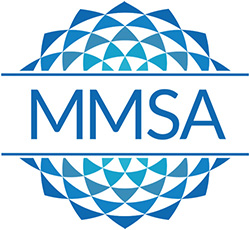Professional Development Workshop Series for Schools and Districts
MMSA offers several math learning series centered on a specific skill, topic, or use of a tool, with flexible grade-span options. These trainings include a minimum of 18 participant contact hours, which can be scheduled through full-day (6-hour) and half-day (3-hour) sessions.
Our evidence-based, professional development provides strategies and classroom practices that address unfinished student learning to confidently move students towards learning recovery, while also supporting teachers in developing their students’ mathematical mindsets, leading to improved student persistence.
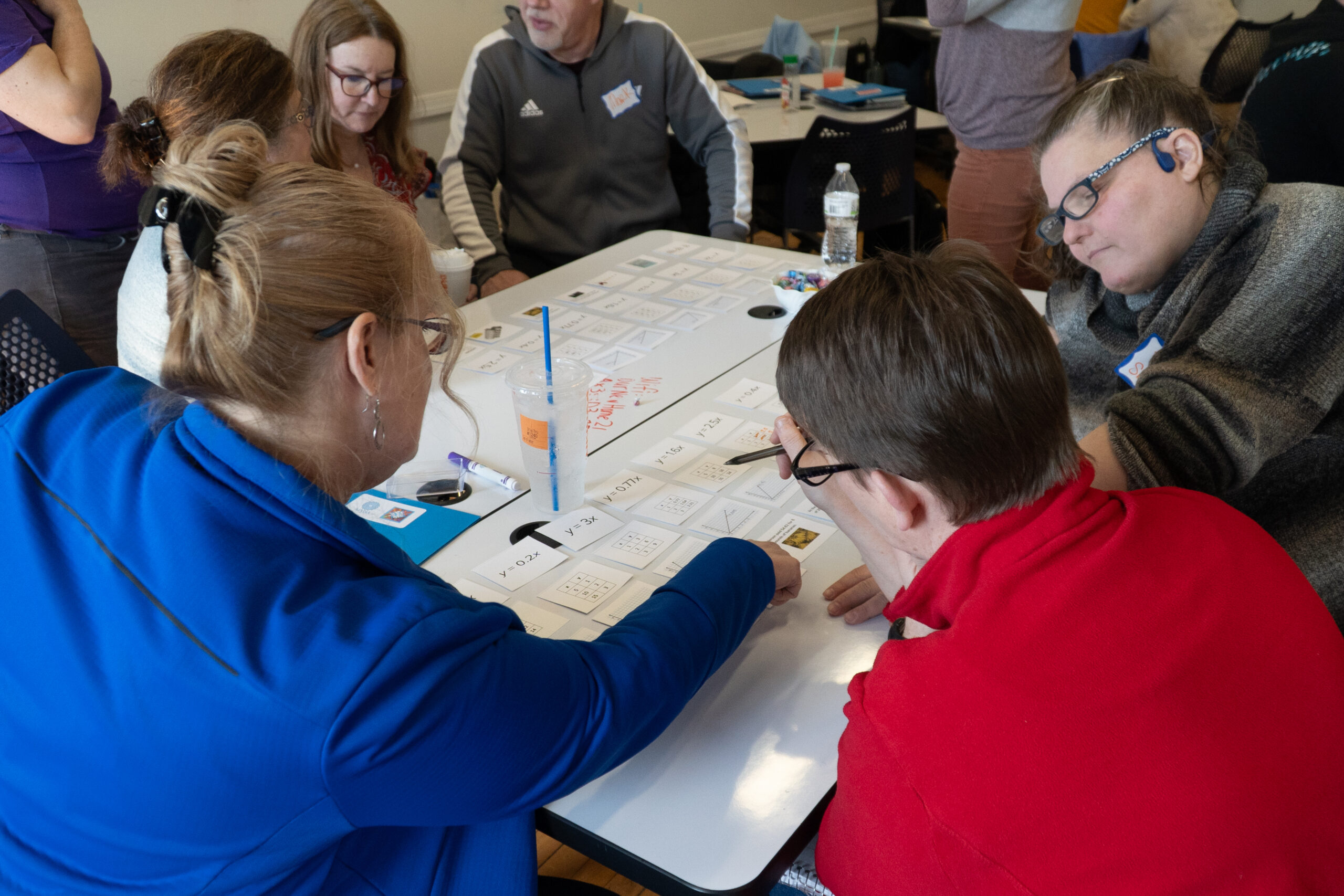
Computational Fluency (Grades K-8)
- Understanding Aspects of Computational Fluency
- Fluency Learning Progressions
- Differentiated assessment and instruction
- Aligning Curriculum, Standards, and Assessment
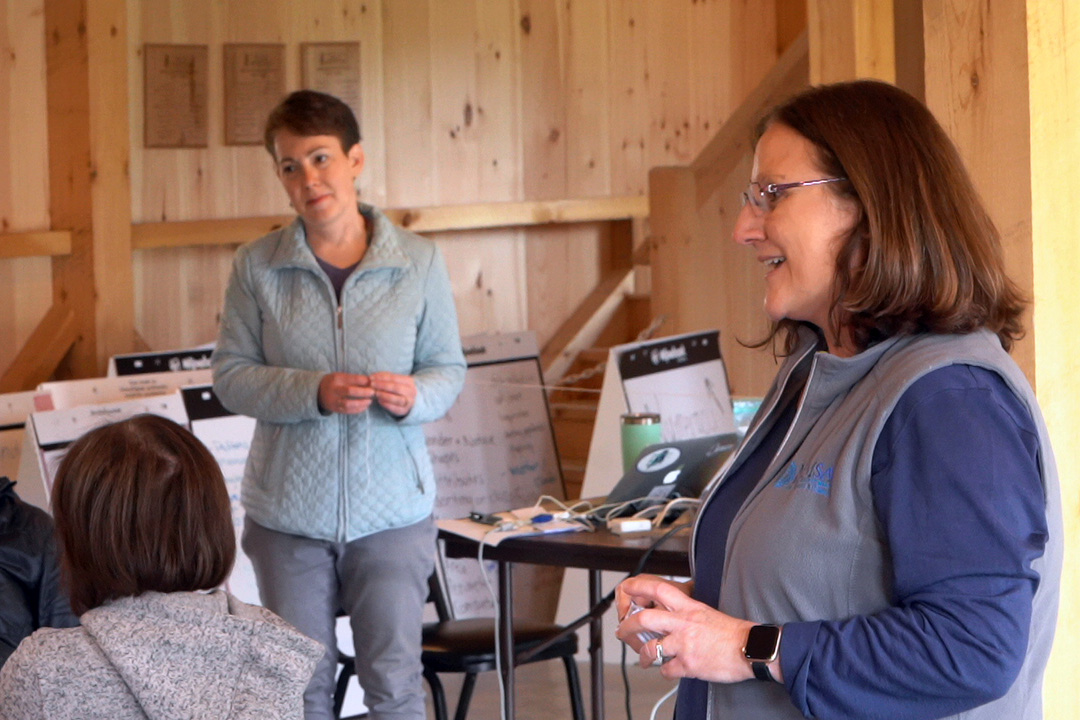
Numeracy in Nature (Grades K-5)
This package explores meaningful strategies for taking math learning outside. Educators work together to utilize and create resources for teaching Numeracy in Nature. See examples and read examples of educators’ experiences with Numeracy in Nature here.
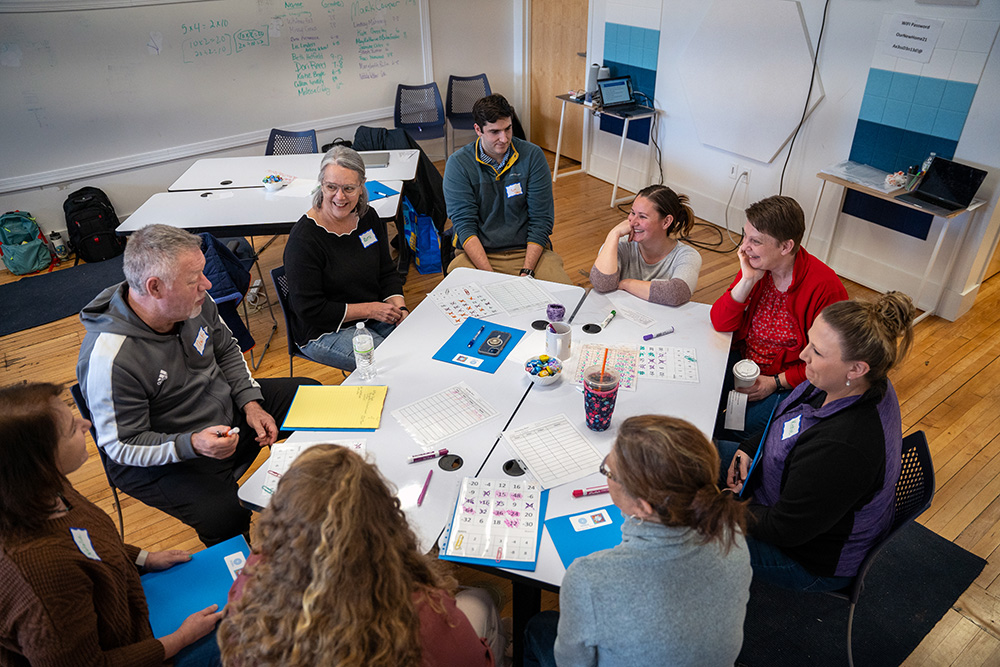
Building Thinking Classrooms (Grades K-12)
This package engages math educators in exploring the research and practices in Peter Liljedahl’s Building Thinking Classrooms. Educators explore the implementation of each toolkit with colleagues, watch sample videos of thinking classrooms in action, experience tasks together as learners, and reflect on ongoing implementation.
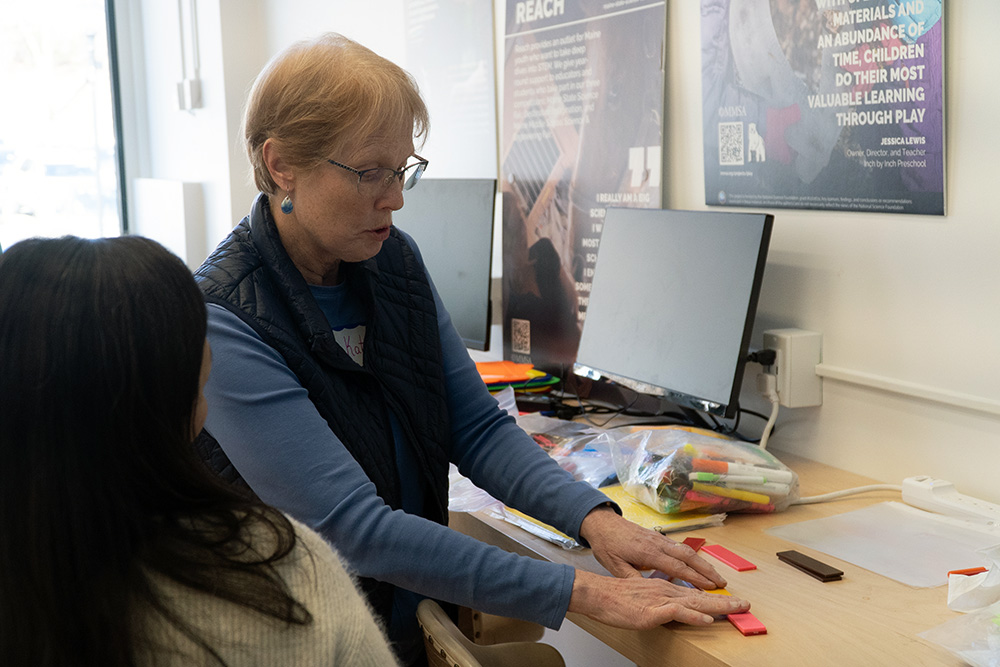
Mathematics Modeling Grades 6-12
This package supports Grades 6–12 educators in bringing math to life through real-world modeling. Educators will learn to embed modeling into existing curriculum using concepts like statistics, functions, and geometry. Grounded in GAIMME principles, the package emphasizes authentic, student-driven problem solving.
- Focus on process over product
- Use familiar contexts to spark modeling
- Center student voice and choice
- Connect math to the community and reach all learners
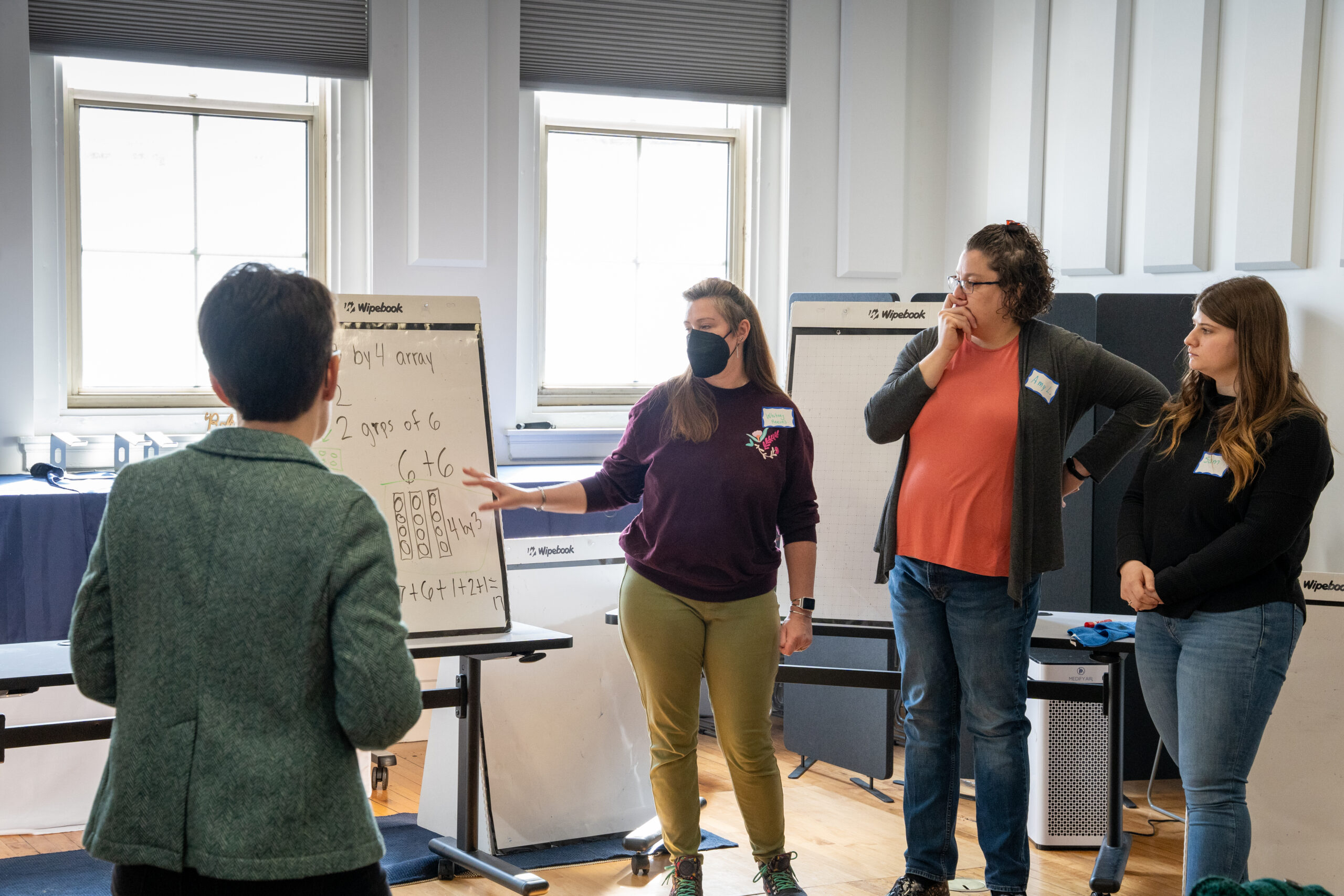
Effective Mathematics Teaching Practices (K-12)
This package enhances educators’ instructional practice through the use of NCTM’s Effective Mathematics Teaching Practices. Educators will explore high-leverage strategies that promote deep understanding, equitable participation, and productive struggle. Practical tools and classroom examples will support implementation across all math content and process standards:
- Pose purposeful questions
- Facilitate meaningful discourse
- Build on student thinking
- Support productive struggle through tasks and feedback
MMSA offers mathematics professional learning consulting to support educators in identifying strategies and classroom practices to identify unfinished student learning and confidently begin the process of learning recovery – moving student learning forward. Teachers will be better equipped to develop their students’ mathematical mindsets, which data suggest leads to improved student persistence. The learning series offers four content pathway options.
Each content pathway runs for four full days or eight half days. Professional learning sessions can be facilitated in-person, virtually, or in a hybrid format based on a school or district’s preferred mode of delivery.
This is the heading
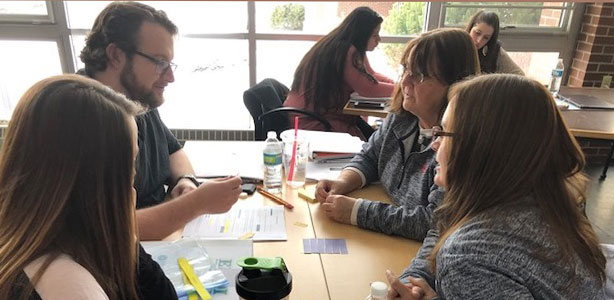
Grades K-8 Pathway – Computational Fluency
Computational fluency can be an obstacle for many students, but it doesn’t need to be that way! By shifting away from memorization of discrete math facts to understanding the math relationships between these facts, students can bring their own understanding to the table, become better problem solvers, and develop the flexibility needed to become truly fluent with their math facts. This series will focus on building computational fluency through relevant and authentic grade-level contexts. Learn More
Numeracy in Nature K-5
The natural world can be used as a catalyst for exploring numeracy concepts in fun and healthy ways. Doing math outside can include using natural materials in a child’s community to act out problems, finding math in nature, and applying math in an outdoor environment. MMSA is pleased to be teaming up with teachers at Maine elementary schools to explore meaningful strategies for taking math learning outside. In this program, K-5 educators are working together to utilize and create resources for teaching Numeracy in Nature.
See examples and read examples of educators’ experiences with Numeracy in Nature here.
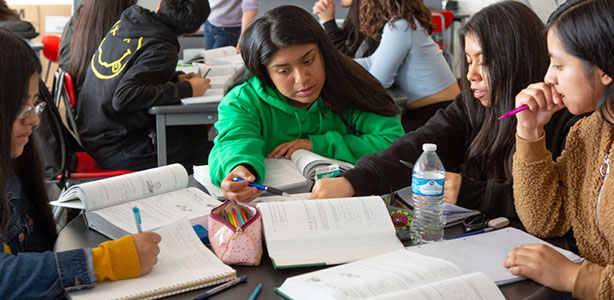
Building Thinking Classrooms K-12
MMSA provides facilitated support as school/district math educators explore the research and practices in Peter Liljedahl’s Building Thinking Classrooms.
- Explore the implementation of each toolkit with colleagues, watch sample videos of BTC in action, experience tasks together as a learner, and reflect on potential implementation as an educator.
- Bring curricular resources to design thin-slicing sequences with other educators, dive into the fourth toolkit to design navigation instruments, and reflect on successes and challenges with other colleagues who are on this journey with you.
- Coaching cycles can be added to support the implementation of the practices in the classroom setting.
As part of the learning series, we offer supplemental coaching support focused on student-centered learning goals and the use of formative assessment to inform instructional planning. We work closely with educators and districts to identify, gather, and analyze student and teacher outcome data to document learning and growth. Coaching can take place in-person or virtually at any grade level and we can flexibly schedule coaching sessions in teams or individual cycles.


